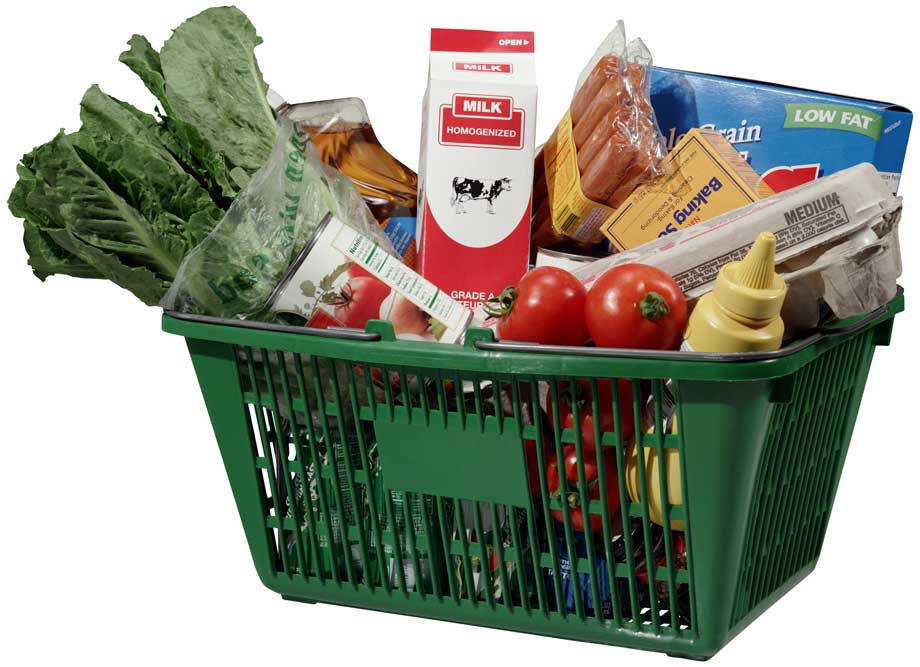Mintel Offers Up Six Food and Beverage Trends (Online Exclusive)
GLOBAL INSIGHTS
 Trend tracking suggests that health, convenience, and sustainability issues will drive food product development in 2017.
Trend tracking suggests that health, convenience, and sustainability issues will drive food product development in 2017.
What trends are set to shape the food landscape this year? Market research firm Mintel (mintel.com) offers its perspectives on such topics as food waste, plant-based food products, and ensuring that all consumers have access to affordable healthy food in its Global Food & Drink Trends 2017 report. Here are the six trends Mintel global analysts say will affect product development and the food industry in 2017 and the future.
• Balancing the Scales: Health for Everyone. With 638.3 million people globally classified as low-income and many at risk for such food-related diseases as diabetes and obesity, it’s more important than ever to address how the higher cost of healthier food and beverage options may impede these consumers from purchasing these products, according to Mintel. Its research shows that many lower-income consumers want to eat healthier foods, so initiatives that address the barriers that these consumers face in finding food choices that are both healthy and affordable are worth pursuing. Some steps are already being taken as Mintel points to creative initiatives that help consumers cook meals with ingredients that stores have on promotion, sell misshapen produce at a discount, use food that would otherwise go to waste (like “ugly” produce or foods near expiration dates), and capitalize on apps and maps to point consumers to more affordable healthy food options.
• In Tradition We Trust. While consumers may gravitate toward traditional, more recognizable products, it doesn’t mean that these products shouldn’t be updated, according to Mintel. Rather, food manufacturers could update familiar products by tweaking formulations or formats. This means developing more updated products similar to cold brew coffee and alcoholic root beer and connecting a product with some aspect of heritage to reach consumers, according to Mintel.
• Power to the Plants. While plant-based diets and flexitarian lifestyles are nothing new, the momentum around the appeal of vegetarian and vegan products is picking up. Many consumers around the world are interested in or are already including plant-based foods in their diets, and they are looking to food manufacturers to provide them with convenient and innovative products that include not only fruits and vegetables but also grains, nuts, seeds, and botanicals. The Mintel Global New Product Database notes that the share of global food and drink launches with a vegetarian claim went from 8% for the period from September 2010–August 2011 to 11% for the period from September 2015–August 2016, a 25% increase. The shares of launches with a vegan claim during those time frames were 1% and 4%, respectively, representing a 257% increase. This year, Mintel expects the growth to continue and anticipates the debut of new products that put plant-based ingredients front and center. Something else that will affect the development of plant-based products are technological advancements to help formulate plant-based products that taste great, which is especially important when appealing to flexitarian consumers, according to Mintel.
• Waste Not. Retailers, restaurants, and philanthropic organizations are at the forefront of generating awareness of the amount of global food waste, and Mintel’s research shows that the messages are reaching some consumers. More than half (51%) of U.S. adults who buy vegetables say that they would be willing to buy ones that are less than perfect in appearance or shape. In addition to educating consumers on how to reduce the amount of food wasted, Mintel points out opportunities for the food industry to continue using by-products of food processing in product development efforts.
• Time Is of the Essence. Consumers are basing their food choices on time investments. For some, on-the-go, convenient food offerings are optimal while others are willing to spend some time preparing meals provided they are given shortcuts such as home delivery meal kits or quick-cooking side dishes, according to Mintel. Its research also found that many consumers want more ready meal options or foods that require little to no preparation offered for breakfast eating occasions. Other consumers would like to see food products that are quick to prepare offered as weekday meal options. With time investment a concern for consumers, Mintel believes that in the future, manufacturers will need to make time-related claims or give specifics about how much time a product can save consumers or will require of consumers.
• The Night Shift. Expect to see more food and beverage products that provide comfort and relaxation to consumers during the evening. As the Mintel report points out, this means going beyond herbal teas and developing products such as Solevita Relaxing Juice made with melatonin (sold in Spain) or NightFood snack bar to satisfy after-dinner cravings and help with better sleep (sold in the United States). Food and beverage products geared toward nighttime relaxation can resonate with consumers. The Mintel report goes into specifics, but in general, many consumers are concerned with how stress is affecting their overall health, say that relaxation is important to them, or eat foods like yogurt and chocolate at night as evening snacks.
 Karen Nachay is senior associate editor of Food Technology magazine ([email protected]).
Karen Nachay is senior associate editor of Food Technology magazine ([email protected]).
